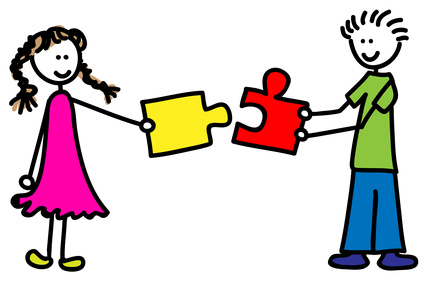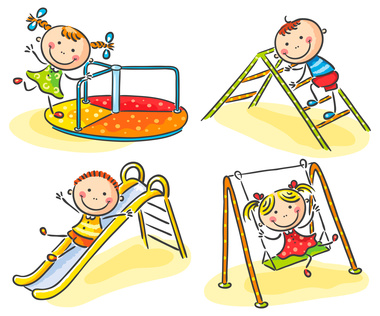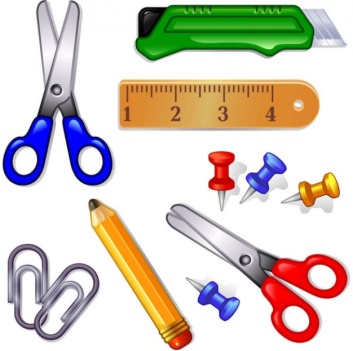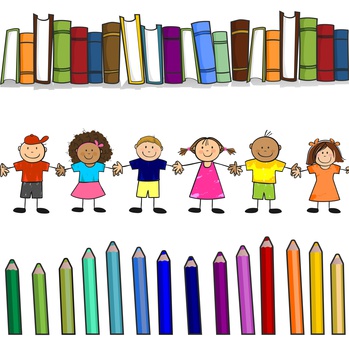Freud's Theories - Developmental Psychology
Freud's Theories of child development
Sigmund Freud (1856-1939) –Psychodynamic theories
Freud was the founder of the psychodynamic theory. He believed that children's personality is influenced by their early childhood experiences, emotions and
the unconcious mind.
What is the unconscious mind?
Freud suggested that the unconscious mind has 3 parts which shapes personality:
Id – babies are born with Id which is an instinctive and selfish part of the personality. The Id works on the pleasure
seeking principle with no regard for anything. It represents a child's needs and desire to seek immediate satisfaction.
For example:
- breast fed babies will demand (cry) to be fed immediately in order to get pleasure from sucking mother's breast.
- babies will cry because they are seeking immediate comfort/cuddle from the mother.
- 3 year old child will throw a tantrum at the supermarket so that mum can give in and buy the toy that he/she desires.
- 5 year old might steal sweets from a shop and place it in his/her pocket when mum isn't looking.
Ego – this part of the personality emerges later around the age of 2. It works on the principle of reality. In other words, it
works out real ways of fulfilling the id's demands by planning and negotiating. In order to avoid negative consequences
a child will often compromise or postpone getting satisfaction.
Overtime, the child evolves to appreciate of what is real and possible when their urges can not be met; the child will try to find a balanced way of solving
a problem.
Examples:
3 year old Samina snatches a doll from Fifi in the nursery. (Id). The carer has politely asked Samina to return the toy and explained
that it is rude to snatch. Next day, Samina plans to negotiate with Fifi, so she ask Fifi if she would exchange her doll
for the teddy bear (Ego).
5 year old Jenny wants to eat some sweets before going to bed (Id). After some consideration, Jenny decides not to because she
has already brushed her teeth and plans to eat them after lunch the next day (Ego).
Superego – This part of the personality develops around the age of 5 when children learn moral values from parents and teachers; they know right from wrong
and it is the conscience or guilty party of their personality. As children mature, they begin to understands the rules of society and learns to conform.
Freud believed that gradually children develop all three parts of the unconscious mind which work together to create a whole personality
that would enable them to gradually make moral decisions.
If there is a conflict between the Id and the Superego, then the ego intervenes to resolve the problem. In other words, if there
is a conflict between what a person really wants to do versus what is the right thing to do, then the ego will step in to plan the
best way of meeting the id's demands.
For example:
Jack sees a bar of chocolate on the table belonging to someone else:
1. Jack's id would urge him to take it
2. Jack's superego would tell his ego that the chocolate belongs to someone else and that he would be punished if you
took it.
3. Jack's ego would consider the consequences of taking it and make a decision not to steal.
Linking theory to practice
- Practitioners in early years setting and infant schools can help children develop their superego around age 5 by:
- Introducing rules on behaviour and social norms such as being nice to each other, no name calling, being polite and respecting each other (superego). -Using rewards and sanctions to teach children about acceptable and uacceptable behaviour to help them understand morals (superego).
- Helping to curb the dominating Id by encouraging children in taking turns during games and sharing toys.
- Negotiating with children about sharing toys and talk about fairness to help develop their ego.
- Helping children develop their ego by talking to them and explaining the consequence of their actions - use rewards and sanctions to promote good behaviour and deter negative behaviour respectively.
Freud's psycho-sexual stages of development
The five stages of development include oral, anal, phallic, latency and genital stages.Freud believed that children pass thorough certain stages at certain points in their childhood and their personality is affected by how well they cope with each of these stages. He referred to stages as the psychosexual stages of development which he called oral, anal, phallic, latency and genital stages.
According to Freud, children need to be allowed to experience these stages in their childhood because it gives them pleasure.
Freud argues that if children did not successfully pass through these stages then a child's personality is affected negatively.
According to his theory, each stage of psychosexual development must be met successfully for proper development; if children lack correct nurturing and parenting during a stage, then they may become stuck or fixated in that stage. According to Freud,this fixation will consequently affect behaviour in adulthood.
| Stage/Age & Area of physical pleasure |
Link to overall development | Behaviour in adulthood |
|---|---|---|
| Oral stage 0-1 years Mouth and lips |
Pleasure is gained from feeding and sucking. Babies are also weaned during this stage. |
Experience satisfaction by putting things in their mouth:
overeating, smoking and thumb sucking. Too much stimulation of oral pleasure might foster a child who is: - too optimistic and over enthusiastic. -depend on other people and unable to make decision and take responsibility for themselves. Dieting, undernourished or deprived of food or sucking. Too little stimulation - may result in children becoming: - pessimistic and aggressive. - unable to develop personal relationship and see people as objects to satisfy them. - lack confidence |
| Anal stage 1-3 years Anus |
Children learn to control their bowel movements. They also learn that if they grasp toilet training, then they will receive praise from their parents or parents may get angry if they are slow at toilet training. |
Satisfaction gained from controlling their bowels - choosing to expel or not expel faeces. Children who are toilet trained too early would develop 'controlling' habits, such as meanness, stubbornness or obsessive behaviour such as tidiness, cleanliness and punctuality. They tend to be mostly miserable Equally, if children who were slow to potty training, they would become untidy and overgenerous. |
| Phallic stage 3-6 years Genitals |
Children explore their body and learn about their gender. Girls to adopt the gender role of their mother, while boys follow the gender role of their father. |
During this stage children learn about what is right and wrong. What they should do and shouldn't do.
They learn the different ways in which boys and girls are expected to behave. At this stage children often play with their genitals.They also develop interest in their parents genitals and experience some kind of sexual feelings. Oedipus complex or Electra Complex: Boys unconsciously start to regard mothers as love objects. Girls will see their fathers as strong and manly and associate with pleasurable genital feelings. Child feels jealous of the other parent and begins to hate father and afraid that father might castrate him. Child begins to feel guilty about his feelings and afraid of consequences. These feelings are negative and dangerous, they must be dealt with. Freud argues these feeling are unconscious - child begins to identify with father to get him on his side; he acts like father and talks like him, hoping to be his father's friend but at the same time win over his mother. |
| Latency stage 6-11 years |
Sexual desires
are repressed A resting phase for children in terms of their emotional development. |
Personality doesn't change much at this stage. Child goes to school, socialises with peers of same sex and
energy is essentially directed in sports and games. |
| Genital stage 12-18 years Puberty |
Onset of adult sexuality Children develop into mature adults. They are able to build strong relationship with the opposite sex if they have sailed through all the stages successfully. |
Important physiological changes occur during teenage years. Hormone levels alter and sexual organs take shape and function. Child starts to take interest in opposite sex. They have crushes on film stars, teacher or even each other. |
Criticism of Freud's work
Freud concentrated mainly on the development of men than women, and he focused essentially on the physical and sexual drives that people have as a way of explaining behaviour. Freud ignores other factors that may influence children's behaviour such as genetics and environmental factors. Focus is purely on the physical pleasures.- Data was collected retrospectively, and may be unreliable because people do not recollect past events accurately.
- Study does not show 'cause and effect' but a correlation between maternal deprivation and affectionless psychopathy.
- The deprived children may have had good substitute emotional care during separation.
Linking theory to practice
- Allow children time and space to grow in each stages of development so that they can pass through them successfully and develop a healthy personality.Example:
- Have patience and not hurry children during potty training.
- Give children some control over their potty or toilet training.
In your setting, find out how practitioners support children to get through the first 3 stages of emotional development.
Freud's table of emotional development in pdf format
REFERENCES
Freud, S. (1923) The Ego and the Id. SE., 19: 3-68. London: Hogarth
Freud, Sigmund (1925). Psychosexual stages of development.
Tassoni et al (2010) Level 2 Certificate for the Children and Young People's Workforce. Pearson: Harlow Essex
Caroline Meggit (2011) CACHE Level 2 Children &Young People's Workforce Certificate. Hodder Education:London






